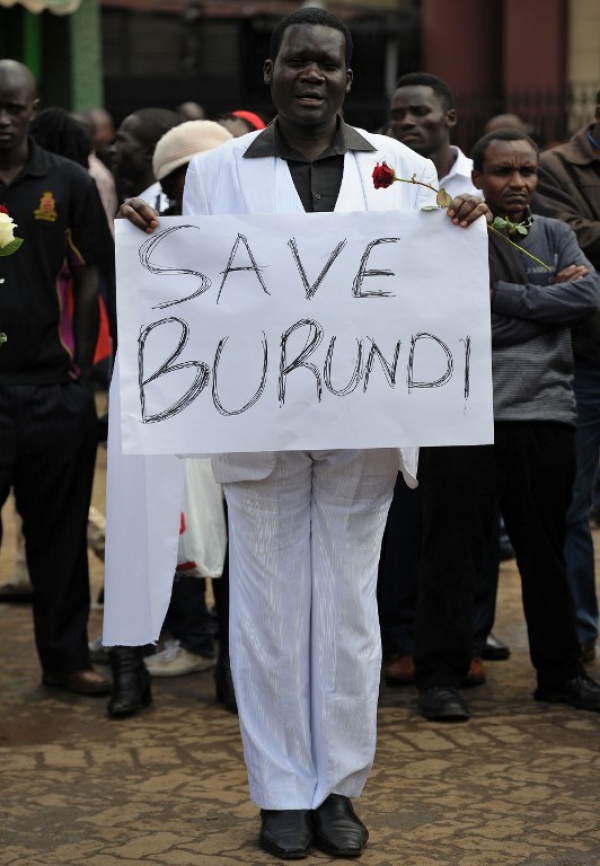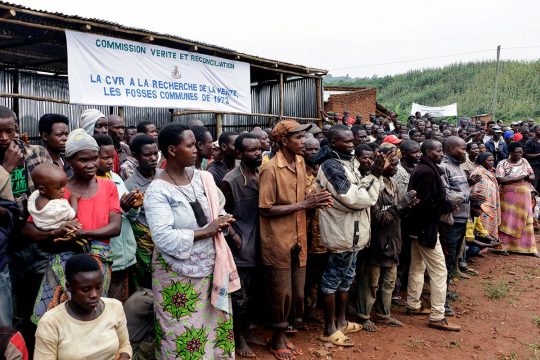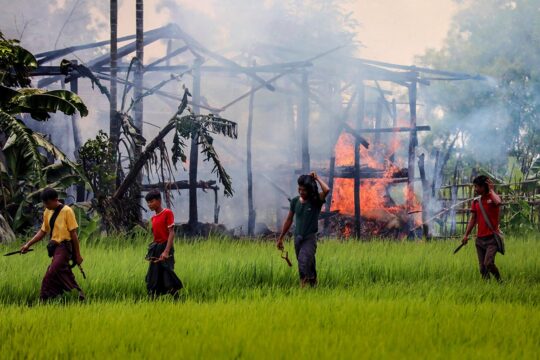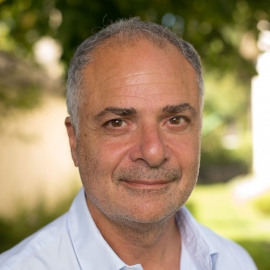What has become of the “responsibility to protect” (R2P) ten years after it was adopted by the international community? Has it helped stop the unleashing of violence in certain African countries? Or should we proclaim it dead after its failure to make a difference in the Syria and Iraq conflicts? And can it now help ensure that the worst does not happen in Burundi? The picture is very mixed.
At a 2005 summit at the UN in New York, attended by a record number of heads of State and government, States promised to protect their populations if they are threatened by war crimes, crimes against humanity or genocide. It was also agreed that if they fail to do so, other members of the UN community have a duty to intervene diplomatically and, as a last resort, militarily. Coming ten years after the genocide in Rwanda when the UN did not intervene, the R2P was the UN’s response aimed at ensuring that such a thing could never happen again.
Intervention
The responsibility to protect is an extension of the 1948 UN Convention on the Prevention and Punishment of Genocide, which was a generous but ineffective idea, since there was no implementation mechanism. The R2P, on the other hand, allows intervention in the internal affairs of a State if it fails in its duty to protect its population. Thus nobody can claim as Joseph Goebbels did before the Society of Nations in Geneva in 1933 that “one is the master in one’s own home”.
There remains, however, the risk of a veto by one of the big powers in the UN Security Council. This is what happened in the Syria conflict. Russia, China and numerous other countries remain very wary lest the R2P, in the name of protecting populations, result in a regime change that they do not want. They cite the NATO military intervention in Libya in 2011 which resulted in the fall of Muammar Gaddafi. If the rule of law is to prevail over barbarity, political acquiescence is also necessary.
In the Central African Republic, South Sudan and Côte d’Ivoire, there was political acquiescence. The existence of the R2P has in recent years facilitated international mobilization to restrain the cycle of violence in these countries. Diplomatic and in some cases military intervention carried out under the auspices of the United Nations has to some extent protected civilian populations.
Hate speech resembling pre-genocide Rwanda
Human rights NGOs and several countries have tried to limit the veto rights of the big powers in the UN Security Council when international crimes are being committed, so as to strengthen the effectiveness of the R2P. In September, France rallied support for this initiative from 75 African, Asian, European and Latin American countries but still came up against resistance from the other four permanent Security Council members, which seem set on retaining their prerogatives.
Tragically, the Great Lakes region of Africa is again putting to the test the effectiveness of the responsibility to protect. In the past few weeks all the alert mechanisms created after the 1994 genocide in Rwanda have come into play given the risk of more massacres in Burundi. The UN Secretary General’s Special Advisor on the Prevention of Genocide, Adama Dieng, has also drawn attention to hate speech in Burundi similar to that in neigbouring Rwanda before the genocide. On the ground, violence has only increased as 220,000 Burundians have fled their country. They have not forgotten that the civil war of the 1990s left 300,000 dead.
The UN, evoking a “risk of civil war that could ignite the whole region”, sent an expert mission to monitor the human rights situation. The European Union and the United States have imposed a series of sanctions on the regime in Bujumbura. Nobody yet knows if these first steps will be enough to stop the spiralling violence. The African Union has said it will “not permit another genocide” on the African continent and is ready to deploy 5,000 soldiers to protect civilians. The Burundian government immediately rejected this idea. It remains to be seen how far the African Union and United Nations are ready to commit if the violence increases further.







